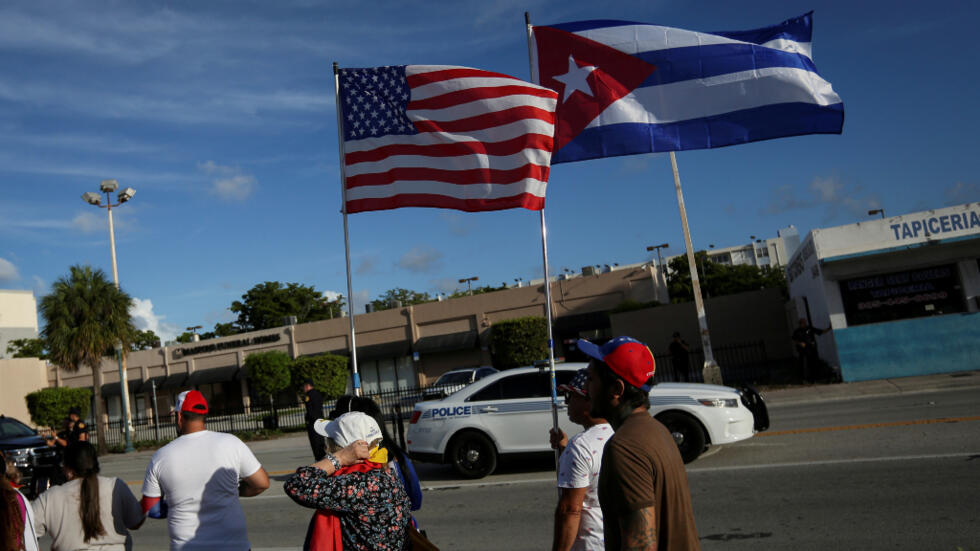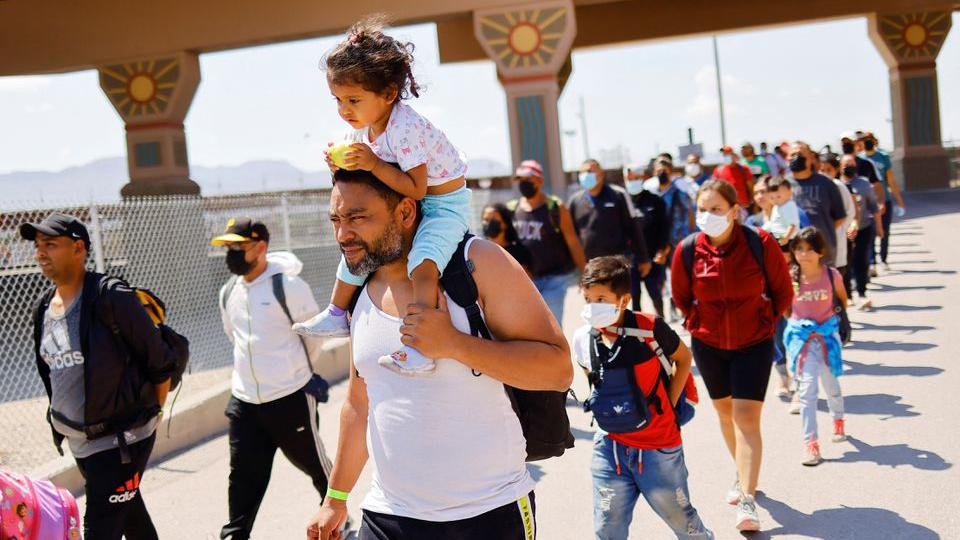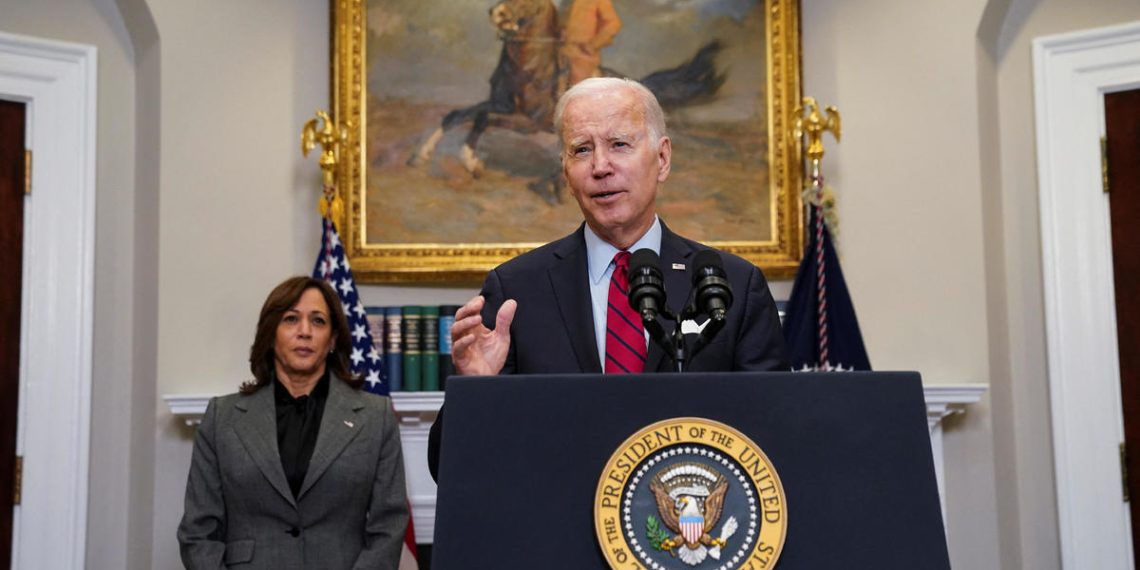Cuba reiterated its stance on easing U.S. sanctions and ending special treatment for Cubans entering the U.S. illegally ahead of high-level migration talks set to commence in Washington on Tuesday.
The biannual meetings, which resumed in 2022 after a hiatus during Donald Trump‘s presidency, coincide with a significant surge in illegal Cuban immigration to the U.S., reaching around half a million entries in 2021, according to U.S. authorities.
Cuba faces severe economic challenges marked by shortages of essential goods, hyperinflation, and power outages.

The primary objective of the talks is to facilitate safe, lawful, and orderly migration between the two nations.
Johana Tablada de la Torre, Cuba’s Deputy Director for U.S. Affairs, expressed frustration over the failure to achieve these goals, highlighting the significance of the talks as a vital channel of communication under the Biden administration.
Tablada pointed to the impact of U.S. sanctions, commonly referred to as the “blockade,” as a major factor affecting bilateral migration dynamics.
Cuba attributes its economic woes largely to these sanctions and also criticizes the 1966 Cuban Adjustment Act, which grants special entry privileges and support to Cuban migrants upon arrival in the U.S., for incentivizing youth emigration.

Conversely, the U.S., as the primary destination for Cuban migrants, cites Cuba’s lack of civil liberties, human rights violations, and a state-controlled economy as drivers of migration.
The Biden administration has sought to address this issue by expanding legal migration pathways for Cubans, including visa access in Havana and humanitarian parole programs.




